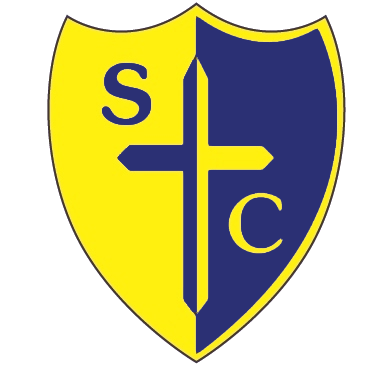What do children learn in History?
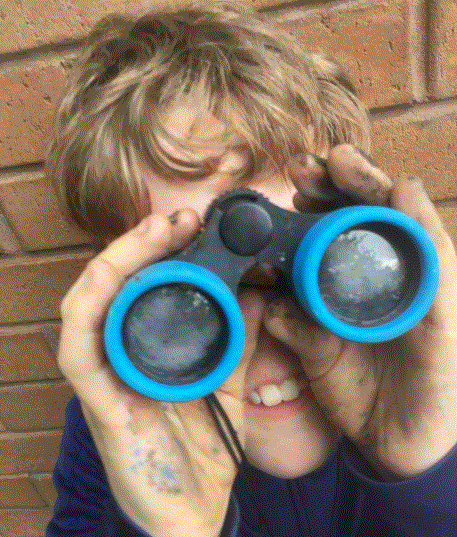
At St. Christopher’s, children alternate units of learning in History with Geography. The overview of what they learn can be seen in the document below.
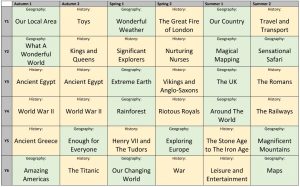

In history, we intend children to….
know and understand the history of these (UK) islands as a coherent, chronological
narrative, from the earliest times to the present day: how people’s lives have shaped
this nation and how Britain has influenced and been influenced by the wider world.
know and understand significant aspects of the history of the wider world: the nature of
ancient civilisations; the expansion and dissolution of empires; characteristic features
of past non-European societies; achievements and follies of mankind.
gain and deploy a historically grounded understanding of abstract terms such as
‘empire’, ‘civilisation’, ‘parliament’ and ‘peasantry’.
understand historical concepts such as continuity and change, cause and
consequence, similarity, difference and significance, and use them to make
connections, draw contrasts, analyse trends, frame historically-valid questions and
create their own structured accounts, including written narratives and analyses.
understand the methods of historical enquiry, including how evidence is used rigorously
to make historical claims, and discern how and why contrasting arguments and
interpretations of the past have been constructed.
gain historical perspective by placing their growing knowledge into different contexts,
understanding the connections between local, regional, national and international
history; between cultural, economic, military, political, religious and social history; and
between short- and long-term timescales.
To implement this….
Learning in history begins in Reception, where children learn to…
- Comment on images of familiar situations in the past.
- Compare and contrast characters from stories, including figures from the past.
In Years 1 and 2, children learn about…
- changes within living memory.
- events beyond living memory that are significant nationally or globally
- the lives of significant individuals in the past who have contributed to national and
international achievements. - significant historical events, people and places in their own locality.
In Years 3-6, children learn about…
- changes in Britain from the Stone Age to the Iron Age
- the Roman Empire and its impact on Britain
- Britain’s settlement by Anglo-Saxons and Scots
- the Viking and Anglo-Saxon struggle for the Kingdom of England to the time of Edward
the Confessor - a local history study
- a study of an aspect or theme in British history that extends pupils’ chronological
knowledge beyond 1066 - the achievements of the earliest civilizations – an overview of where and when the first civilizations appeared and a depth study of one.
- Ancient Greece – a study of Greek life and achievements and their influence on the
western world - a non-European society that provides contrasts with British history
Adaptive teaching and Special Educational Needs (SEN)
Adaptive teaching strategies are used to ensure that all pupils can access learning and remain in the classroom as much as possible. Lessons are carefully planned and scaffolded to ensure that all pupils will be able to achieve the shared learning objective at their own level. Children with the greatest need, for example those with Special Educational Needs (SEN), will be given more in lesson support. This will include: more quality teaching and learning time with the class teacher; activities being broken down into smaller, more manageable steps; a higher level of personalised scaffolding in activities. It is our goal for all learners to be able to achieve the learning objective successfully in every lesson. Through adaptive teaching we aim to foster independence, resilience and self-confidence for every child.
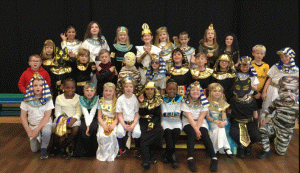
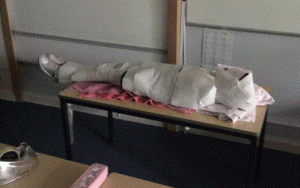
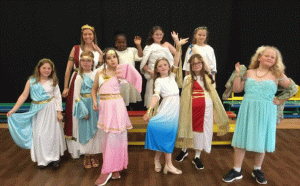
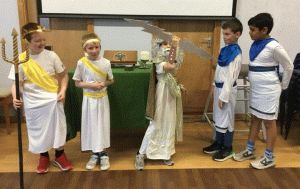
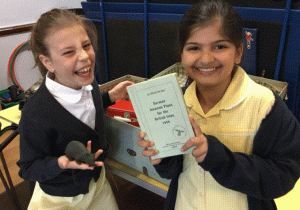
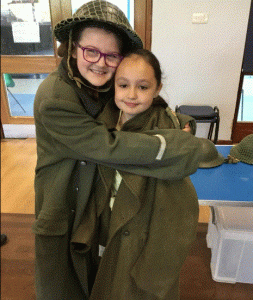
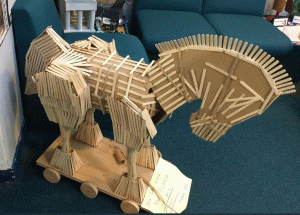
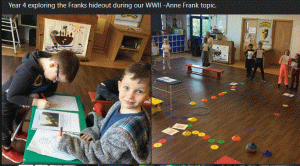
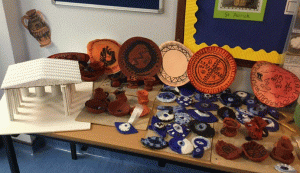
Where possible, learning is supplemented by experiential lessons – such as visits and visitors.
- Humanities Overview Y1-Y6.pdf pdf395.6 KbJun 30th, 2022
- Long Term Plan.pdf pdf109.1 KbSep 27th, 2024
- Y1 The Great Fire of London - one page.pdf pdf1.0 MbMar 21st, 2022
- Y1 Toys - one page.pdf pdf941.0 KbMar 21st, 2022
- Y1 Travel and Transport - one page.pdf pdf930.6 KbMar 21st, 2022
- Y2 Kings and Queens - one page.pdf pdf824.3 KbMar 21st, 2022
- Y2 Nurturing Nurses - one page.pdf pdf1.0 MbMar 21st, 2022
- Y2 Significant Explorers - one page.pdf pdf870.9 KbMar 21st, 2022
- Y3 Ancient Egypt - LKS2 - one page.pdf pdf403.8 KbMar 21st, 2022
- Y3 Ancient Egypt - UKS2 - one page.pdf pdf435.3 KbMar 21st, 2022
- Y3 The Romans - one page.pdf pdf1.8 MbMar 21st, 2022
- Y3 Vikings and Anglo Saxons - one page.pdf pdf1.5 MbMar 21st, 2022
- Y4 Riotous Royalty - one page.pdf pdf851.6 KbMar 21st, 2022
- Y4 The Railways - one page.pdf pdf845.4 KbMar 21st, 2022
- Y4 World War II - LKS2 - one page.pdf pdf288.9 KbMar 21st, 2022
- Y4 World War II - UKS2 - one page.pdf pdf610.5 KbMar 21st, 2022
- Y5 Stone Age to Iron Age - one page.pdf pdf366.6 KbMar 21st, 2022
- Y5 The Tudors - one page.pdf pdf478.7 KbMar 21st, 2022
- Y6 Leisure and Entertainment - one page.pdf pdf693.8 KbMar 21st, 2022
